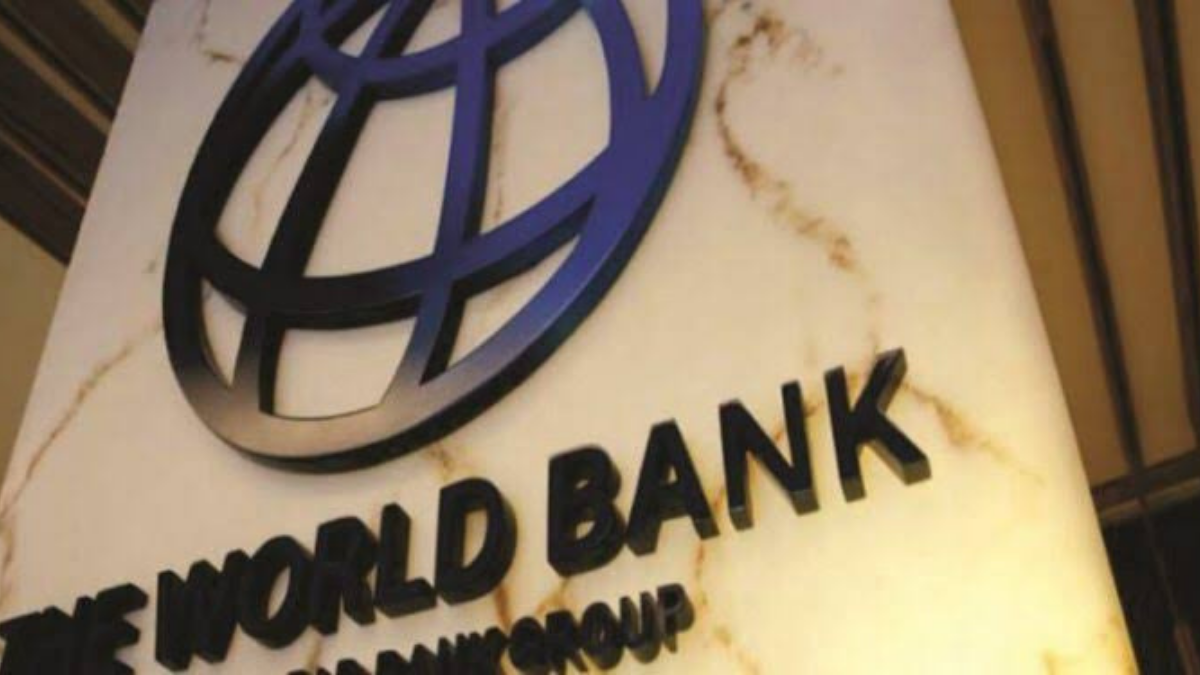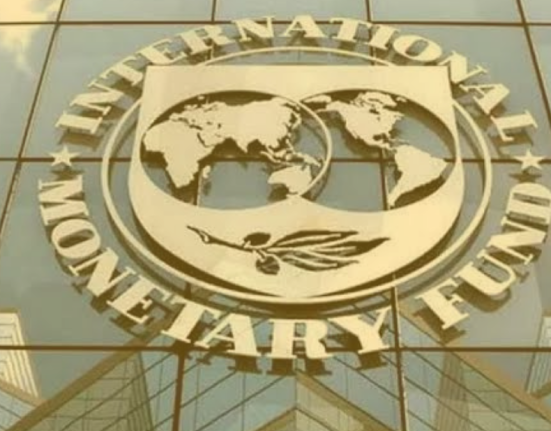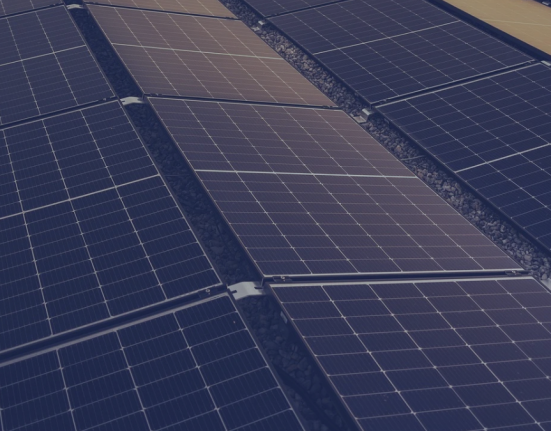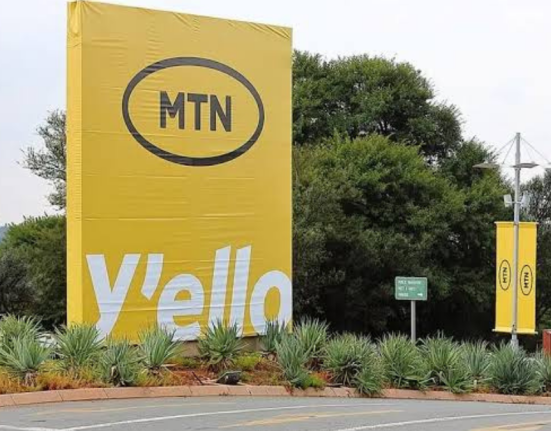In a significant step toward supporting Nigeria’s development goals, the World Bank has approved three major projects totaling $1.57 billion in financing. These projects, aimed at addressing critical issues in governance, healthcare, and climate resilience, underscore the World Bank’s commitment to improving human capital and infrastructure in Nigeria.
The financing, approved on September 26, 2024, consists of a $1.5 billion loan and a $70 million grant, with funds allocated to three primary projects designed to enhance key sectors while boosting economic growth and reducing poverty.
Breakdown of Projects:
1. HOPE-GOV Program – $500 Million for Governance in Education and Healthcare:
The first project, the HOPE-GOV program, will receive $500 million to address governance challenges in Nigeria’s education and healthcare sectors. The initiative seeks to improve financial and human resource management systems, aiming to enhance transparency and accountability. This project will ensure that essential services such as primary healthcare and basic education reach the country’s most vulnerable populations.
2. HOPE-PHC Program – $570 Million for Primary Healthcare Strengthening:
With $570 million earmarked for the HOPE-PHC program, this project focuses on enhancing Nigeria’s primary healthcare system, particularly for women, children, and adolescents. The initiative targets a reduction in maternal and under-five mortality rates while improving healthcare resilience. Funded by a $500 million credit from the International Development Association (IDA) and an additional $70 million grant from the Global Financing Facility (GFF), this project aims to reach over 40 million Nigerians, especially in underserved areas, by improving access to quality healthcare.
3. SPIN Program – $500 Million for Sustainable Power and Irrigation:
The third project, the Sustainable Power and Irrigation for Nigeria (SPIN) program, will receive $500 million to protect the country from climate-induced challenges such as floods and droughts. By implementing enhanced dam safety measures and improving irrigation infrastructure, the program is expected to benefit 950,000 people, including farmers and livestock breeders. Additionally, the project includes a master plan to boost hydropower generation, promoting energy production through public-private partnerships.
Addressing Nigeria’s Challenges:
In a statement, Dr. Ndiamé Diop, World Bank Country Director for Nigeria, emphasised the importance of investing in healthcare, education, and infrastructure as crucial to improving productivity and reducing poverty in Nigeria. He highlighted the new financing package’s role in addressing difficulties faced by the Nigerian population, particularly women and girls who face challenges in accessing quality services.
“Effective investment in the health and education of Nigerians today is central to increasing their future employment opportunities, productivity, and earnings, while reducing poverty of the most vulnerable,” Diop stated.
He added that the SPIN program is particularly timely, given the climate challenges Nigeria faces, and will help increase agricultural productivity and energy generation through sustainable practices.
Nigeria’s Growing Partnership with the World Bank:
This $1.57 billion financing package adds to the $6.52 billion in total financing that Nigeria has secured from the World Bank under President Bola Tinubu’s administration. However, concerns over external debt and the pace of project implementation remain, with only 16% of previous loans having been disbursed as of July 31, 2024.
The latest round of funding represents a renewed effort by the World Bank to support Nigeria in tackling governance, healthcare, and climate issues, which are vital for long-term economic growth and resilience.
What’s Next:
As Nigeria continues to face rising debt servicing costs and implementation challenges, the World Bank’s involvement provides an opportunity to address these issues while fostering economic development. The approved projects are expected to drive significant improvements in healthcare and education, while also enhancing Nigeria’s ability to cope with climate risks.









Leave feedback about this